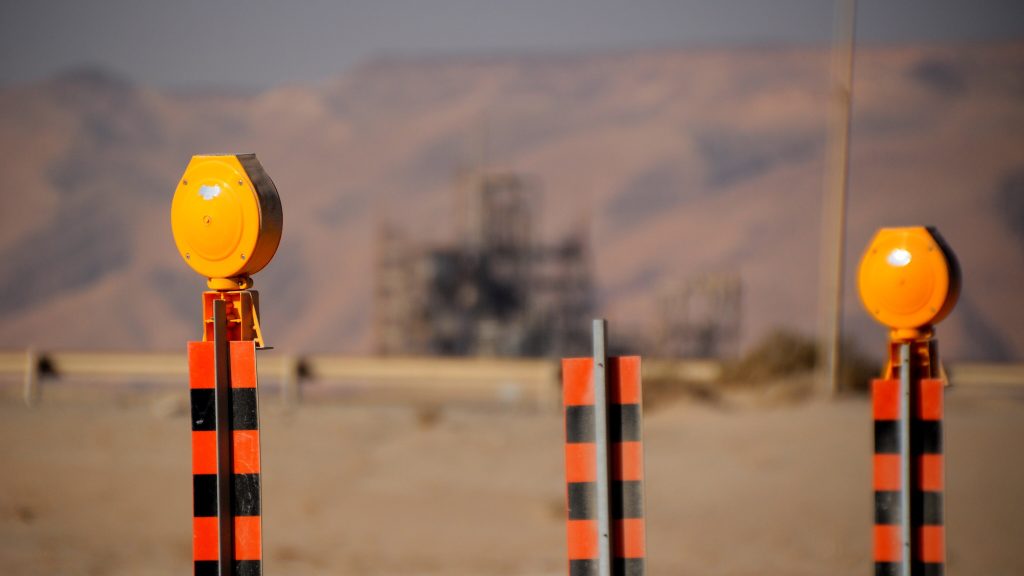As Israel leads military strikes to stop Iran’s nuclear ambitions, its own long-standing nuclear program remains unacknowledged—but active and possibly expanding.
Others are reading now
Israel’s campaign to dismantle Iran’s nuclear capabilities has reignited global attention on another, long-standing nuclear question: Israel’s own atomic arsenal.
Israel has never officially admitted to possessing nuclear weapons.
But a wide range of international experts, including those at the International Institute for Strategic Studies and the Stockholm International Peace Research Institute, believe the country has maintained and likely expanded its nuclear program—centered around the highly secretive Dimona facility.
The Policy of Nuclear Ambiguity
As reported by Digi24, Israel maintains a policy known as “nuclear opacity,” meaning it neither confirms nor denies possessing nuclear weapons.
Also read
Instead, it has consistently said it will not be the first to “introduce” nuclear weapons to the Middle East.
According to Alexander K. Bollfrass, a nuclear security expert in London, this is “a cover-up of what is clearly an already established nuclear weapons program.”
Organizations such as the Center for Arms Control and the Nuclear Threat Initiative estimate that Israel holds at least 90 nuclear warheads, with enough fissile material to build several hundred more.
A Secret That Dates Back Decades
Israel’s nuclear ambitions date to its founding in 1948.
The Dimona facility in the Negev Desert, constructed in the late 1950s, became the hub of this effort. Declassified U.S. intelligence reports from 1960 indicated the presence of a plutonium reprocessing plant—signaling a weapons program.
By the 1970s, U.S. analysts were convinced Israel had developed nuclear weapons.
However, Israel has never joined the Treaty on the Non-Proliferation of Nuclear Weapons (NPT), unlike Iran, which is a signatory but has been accused of violating its terms.
A Facility Shrouded in Secrecy
Dimona has never been opened to international inspectors.
The International Atomic Energy Agency (IAEA) has not had access to the site, and no agreement for monitoring has been reached.
Satellite imagery over recent years suggests major upgrades and potential expansion, possibly including the construction of a new reactor.
A recent report by the Stockholm International Peace Research Institute noted significant developments at the Dimona site, suggesting increased plutonium production capacity.
While plutonium can be used for peaceful purposes, such as space applications, it also forms the core of nuclear weapons.
Delivery Capabilities and Global Context
Experts believe Israel could deploy its nuclear weapons via fighter jets, submarines, or land-based missile launchers.
Despite this, Israel is not part of the U.S. “nuclear umbrella”—a Cold War-era security guarantee extended to NATO and other allies.
This absence is viewed by some analysts as further confirmation of Israel’s independent nuclear deterrent.
Israel’s arsenal is believed to be the second smallest among the nine countries globally known or widely believed to possess nuclear weapons, placing it just ahead of North Korea.
When Has Israel Come Close to Using Them?
Israel is reported to have prepared its nuclear arsenal during both the 1967 Six-Day War and the 1973 Yom Kippur War, although no weapon was used.
The so-called Vela incident in 1979—when a U.S. satellite detected a possible nuclear explosion near the South Atlantic—has also been linked to Israel, though no definitive proof has ever surfaced.


